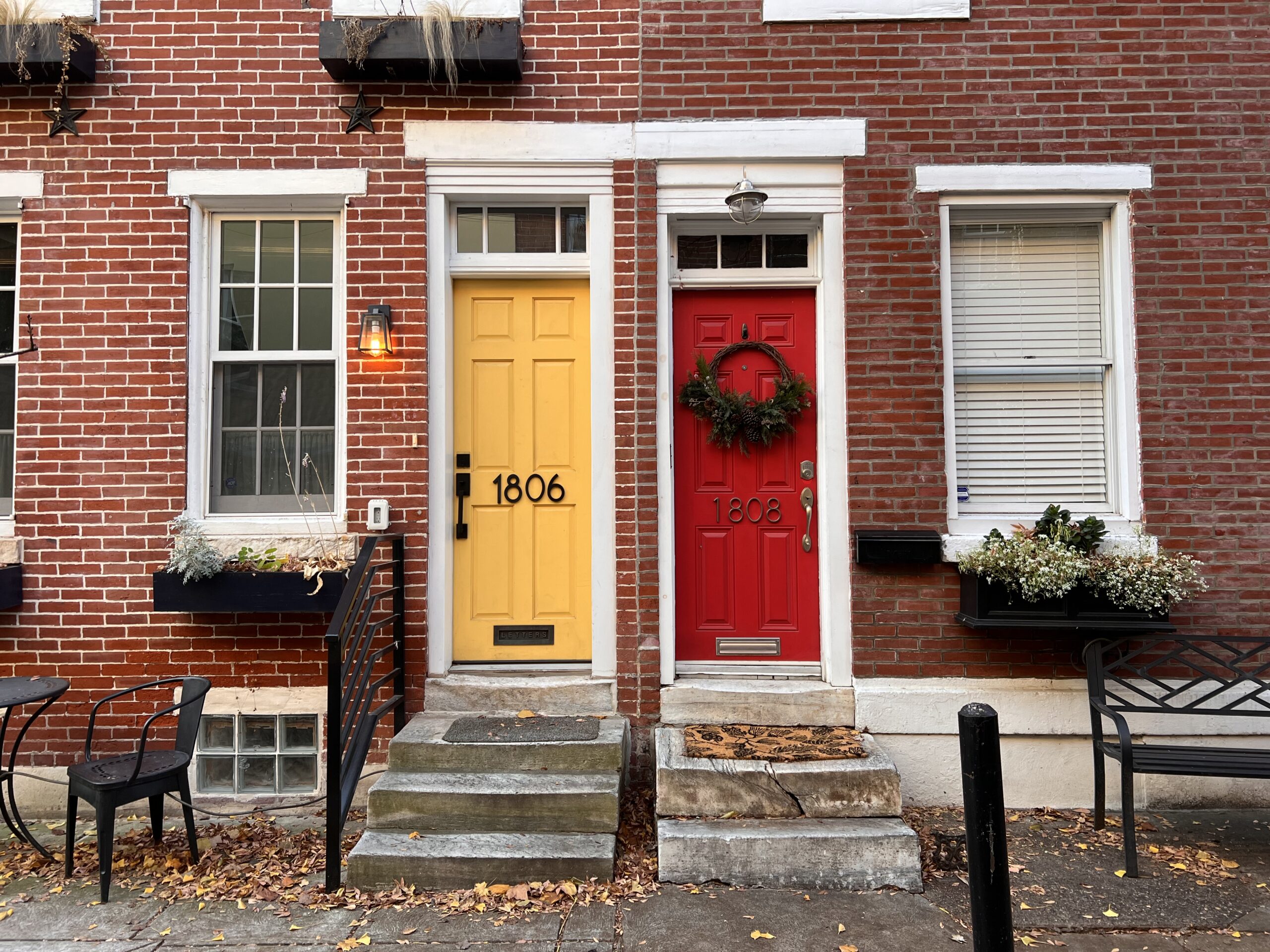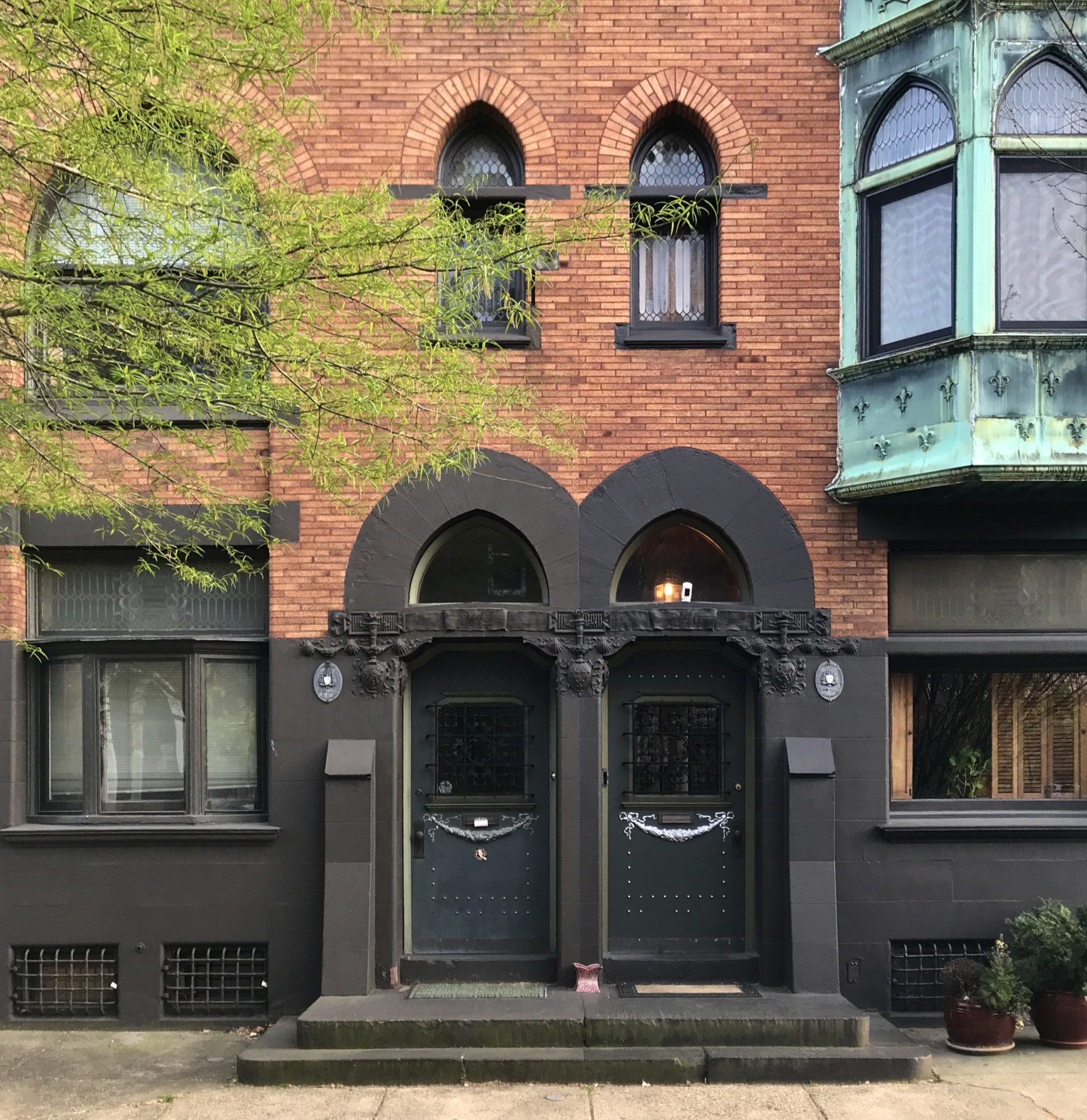It’s Fall and interest rates are dropping with the autumn leaves. So, does this mean you should refinance your mortgage? That depends on several factors. Let’s take a look at them and see how they add up for your particular situation.
Forbes says if your mortgage rate is 7% or above, refinancing makes sense, but if your current rate is 6.5% or lower you should hold on until 2025 when rates are expected to drop even lower. However, the change in interest rate shouldn’t be the only factor to consider, the cost of refinancing includes the following:
- Government recording costs.
- Appraisal fees
- Credit report fees.
- Lender origination fees.
- Title services.
- Tax service fees.
- Survey fees.
- Attorney fees.
- Underwriting fees.
Because of all these costs and fees, many mortgage experts say refinancing only makes sense if you can get a rate that’s at least 1% lower than your current rate. Not just half a percent. A recent article in the Washington Post agrees. “In most cases, it doesn’t make sense to refinance a mortgage until the rate has dropped a full percentage point below your current rate. Once that happens, you can compare the amount your mortgage payment will drop against the closing costs you’ll have to pay to refinance.”
Here are some steps you can take to lower your refinance rate:
- Get rate quote estimates from three to five lenders
- Ask lenders about waiving or reducing closing costs
- Negotiate with your lender to match the best deal
- Take steps to strengthen your credit score
- Save for a larger down payment
- Choose a shorter-term loan
However, if you got your mortgage during the pandemic when rates dropped to a historic low of 2.65% in 2021, consider yourself lucky and stay put. But if your current rate is over 6%, you need to consider how much time it will take for your savings to outweigh the refinancing costs. If your monthly payments cover those costs for two years or less, it’s probably worth it. On the other hand, if you’re thinking about moving in a year or two, it might not be worth it.
Another consideration is the increase in home values. For example, if your home’s value increases, you may qualify for a better rate. If your credit score has improved since your original mortgage, you might qualify for more favorable terms. Even a small boost in your score could translate to big savings over your loan’s lifetime.
“If rates continue to come down there could be a lot of additional buyer competition in the market, which could drive up prices,” said Solo agent, Alejandro Franqui. “That suggests that there is a sweet spot where rates are now more manageable, but prices haven’t started to accelerate yet.”

No one has a crystal ball, but economic forecasters predict we’re in the early stages of a rate-dropping cycle. The Federal Reserve could continue to drop rates for the next 12 months or longer. On the other hand, waiting comes with risks. If you bought at peak rates and have a sizable loan, refinancing now could start saving you money. Waiting may lead to better rates — but future market conditions are uncertain so we recommend weighing your options to make an informed decision based on what makes sense for you now.



